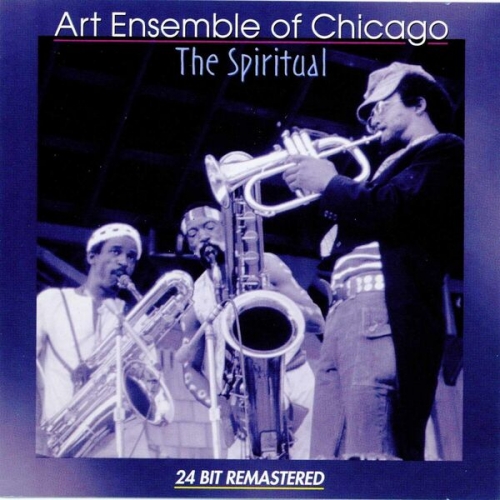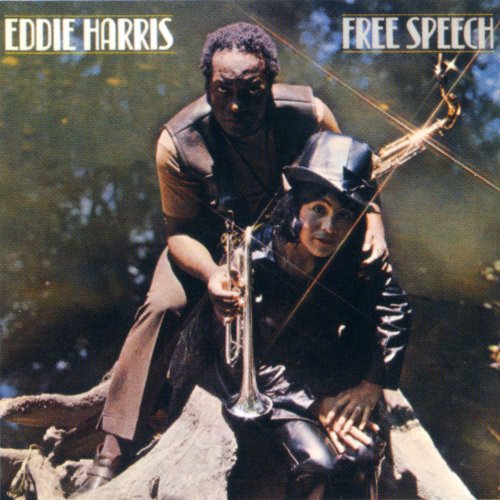Glenn Gould - Glenn Gould in Leningrad: J.S. Bach, L.V. Beethoven - Piano Concertos (1987)
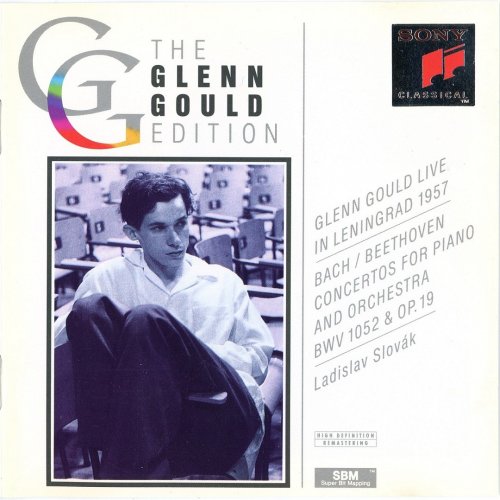
Artist: Glenn Gould
Title: Glenn Gould in Leningrad: J.S. Bach, L.V. Beethoven - Piano Concertos
Year Of Release: 1987
Label: Melodya / Victor
Genre: Classical
Quality: FLAC (tracks+.cue,log,scans)
Total Time: 53:06
Total Size: 269 Mb
WebSite: Album Preview
Tracklist: Title: Glenn Gould in Leningrad: J.S. Bach, L.V. Beethoven - Piano Concertos
Year Of Release: 1987
Label: Melodya / Victor
Genre: Classical
Quality: FLAC (tracks+.cue,log,scans)
Total Time: 53:06
Total Size: 269 Mb
WebSite: Album Preview
J.S. Bach, Concerto No. 1 in D minor, BWV 1052
01. I-Allegro (8:48)
02. II-Adagio (7:22)
03. III-Allegro (8:36)
L.V. Beethoven, Concerto No. 2 in B-flat major, Op. 19
04. I-Allegro con brio (13:52)
05. II-Adagio (8:23)
06. III-Rondo. Molto allegro (6:05)
Performers:
GLENN GOULD, piano
LENINGRAD PHILHARMONIC SYMPHONY ORCHESTRA
LADISLAV SLOVAK, conductor
The "Fourth Programme" of Sony Classical's Glenn Gould Edition contributes to the Beethoven deluge with a swift and nimble account of the Second Concerto, recorded live in Leningrad in 1957 (SMK52686). Ladislav Slovak conducts, and the coupling is a fiery Bach D minor Concerto—which is far more animated than Gould's studio version under Bernstein.
The Beethoven Second Concerto, which to my knowledge has only previously been released on Melodiya, is something very unique. Not only is the recording taken from a live concert (Gould gave up public performance in 1964), but it presents playing of consummate artistry in a work that often receives condescending attention from critics. But be warned—the orchestral playing, especially the strings, is dreadful. It is Gould's spontaneity in colouring the writing in different registers, in treating fast passages with an unmannered expressivity (where most pianists rattle off figurations)— in a word, his 'musicality'—that make this a memorable reading. There may be no real sense of peace in the Adagio, where Gould's sensuous use of piano tone is much to the fore, but the finale has an infectious humour that demonstrates how different was his playing in concert, as opposed to the recording studio.
The Beethoven Second Concerto, which to my knowledge has only previously been released on Melodiya, is something very unique. Not only is the recording taken from a live concert (Gould gave up public performance in 1964), but it presents playing of consummate artistry in a work that often receives condescending attention from critics. But be warned—the orchestral playing, especially the strings, is dreadful. It is Gould's spontaneity in colouring the writing in different registers, in treating fast passages with an unmannered expressivity (where most pianists rattle off figurations)— in a word, his 'musicality'—that make this a memorable reading. There may be no real sense of peace in the Adagio, where Gould's sensuous use of piano tone is much to the fore, but the finale has an infectious humour that demonstrates how different was his playing in concert, as opposed to the recording studio.
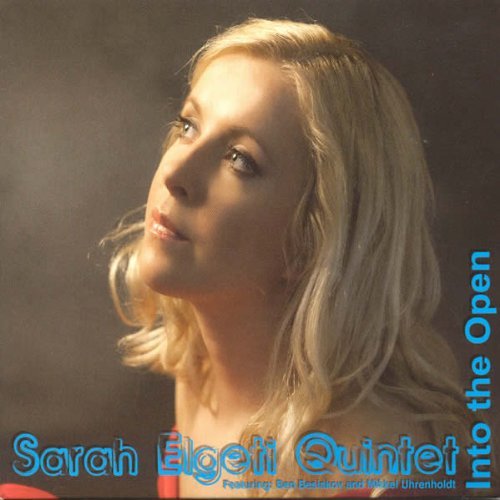
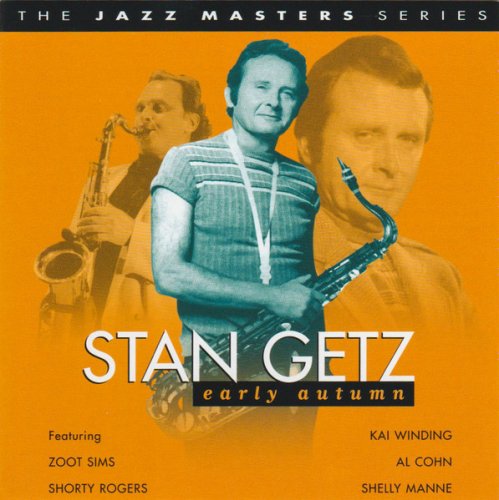
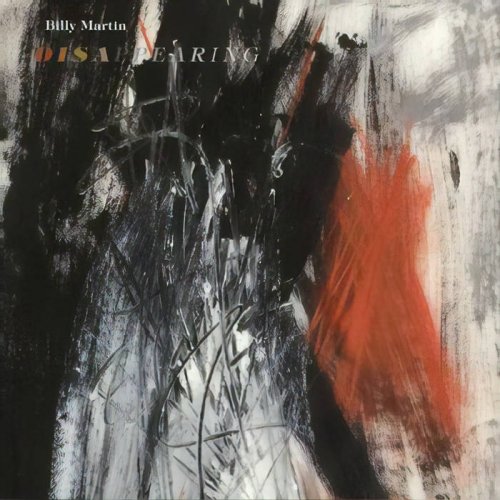
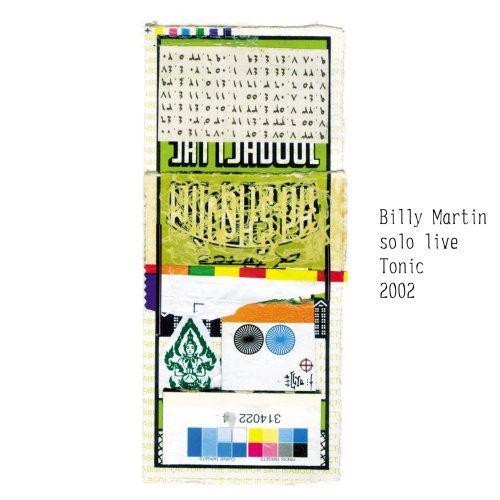
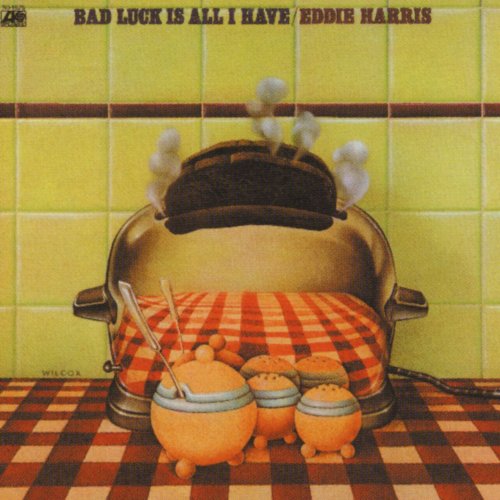
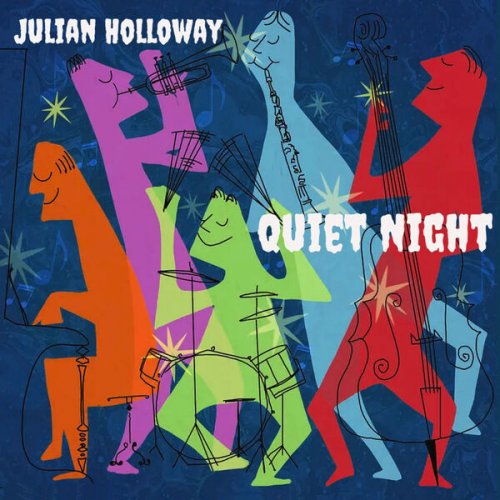
![Trøndelag Big Band - A Big Band Narrative (2026) [Hi-Res] Trøndelag Big Band - A Big Band Narrative (2026) [Hi-Res]](https://www.dibpic.com/uploads/posts/2026-01/1767966351_dxbyhtouifgdb_600.jpg)
